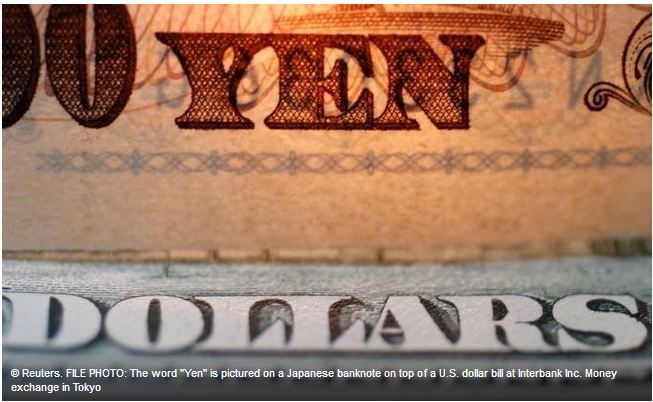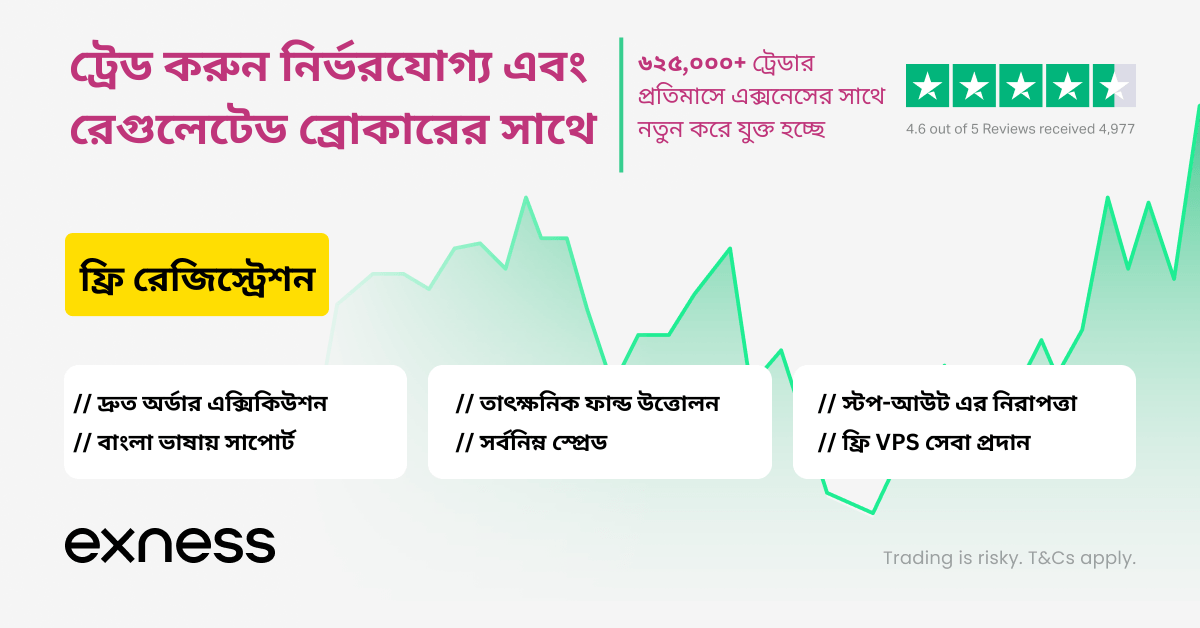TOKYO (Reuters) – The dollar dipped to a five-month low against the yen early on Monday as rising tensions over North Korea kept the safe-haven Japanese currency in demand.
The dollar was down 0.3 percent at 108.235 yen <jpy=>, its lowest since mid-November.
The yen remained broadly bid against other currencies as well. The euro and the pound slid to five-month troughs of 114.955 yen (EURJPY=) and 136.05 yen (GBPJPY=), respectively.
Increasing geopolitical risks another notch, North Korea on Sunday made what was believed to be a failed missile test launch. Regional tensions have risen over the past weeks as U.S. President Donald Trump has taken a tough rhetorical line with Pyongyang.
“It is unclear whether the situation over North Korea will escalate into military action, but uncertainty is increasing and the dollar continues to edge lower. The dollar also looks shaky technically, after slipping below the 200-day moving average of 108.80 yen,” said Masafumi Yamamoto, chief currency strategist at Mizuho Securities in Tokyo.
With the bulk of the market’s focus on how the standoff between the United States and North Korea will play out, the semi-annual U.S. Treasury currency report released late on Friday did not receive as much attention as some had initially expected.
The Trump administration declined to name any major trading partner as a currency manipulator in the highly-anticipated report on Friday, backing away from a key Trump campaign promise to slap such a label on China.
The U.S. Treasury, however, ensured that currency policies would remain a sticking point going forward by keeping China, Germany and Japan on a “monitoring list.”
“Market reaction, if there was one, to the currency report has already faded. The U.S. Treasury does not look like it will take a strong stance on currencies. But in the case of the Trump administration the market will need to watch out for what his trade advisors may have to say on this issue,” said Yamamoto at Mizuho Securities.
The euro was a shade lower at $1.0608 <eur=>, having spent the previous session in a very tight range.
The dollar index against a basket of major currencies was down 0.1 percent at 100.470 (DXY).
The Australian dollar was steady at $0.7581 <aud=d4> while the New Zealand dollar rose 0.2 percent to $0.7013 <nzd=d4>.

























































